

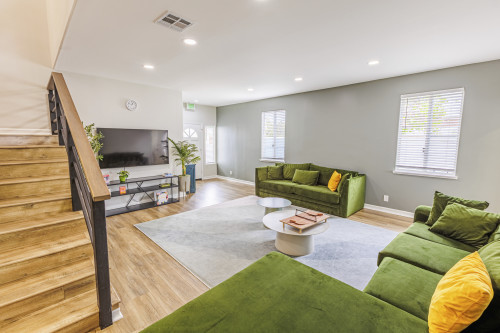




DUPLICATE Blume Teen Behavioral Health - Boy's Facility
Verified Center
This provider's information has been quality-checked by Recovery.com's Research Team for accuracy and completeness, including center verification through appropriate third-party organizations.
Treatment Focus
This center treats mental health conditions and co-occurring substance use. You receive collaborative, individualized treatment that addresses both issues for whole-person healing.
Primary Level of Care
Offering intensive care with 24/7 monitoring, residential treatment is typically 30 days and can cover multiple levels of care. Length can range from 14 to 90 days typically.
Treatment Focus
This center treats mental health conditions and co-occurring substance use. You receive collaborative, individualized treatment that addresses both issues for whole-person healing.
Primary Level of Care
Offering intensive care with 24/7 monitoring, residential treatment is typically 30 days and can cover multiple levels of care. Length can range from 14 to 90 days typically.
Provider's Policy
To ensure that you have immediate access to the help you need, we accept all insurance providers. However, we don't accept Medicaid, Medicare, or state insurance.
DUPLICATE Blume Teen Behavioral Health - Boy's Facility
DUPLICATE Blume Teen Behavioral Health - Boy's Facility
About DUPLICATE Blume Teen Behavioral Health - Boy's Facility
In the coastal city of Torrance, California, this residential treatment center offers hope for teen boys ages 12-17 struggling with emotional, behavioral, or addiction challenges. With a commitment to real change, Blume provides gender-specific care in a close-knit 6-bed setting, which allows for individualized attention. In addition to a strong therapeutic program, they also offer mentorship, academic instruction, and they encourage parental involvement to round out their holistic treatment.
Find Meaningful Change beyond Traditional Therapy
Because every young mind is unique, the team of adolescent psychiatrists and psychologists work closely with teens and their families to provide top-tier clinical care with truly individualized support and attention for each client. While they rotate through a foundation of proven-effective therapies like cognitive behavioral therapy (CBT) and dialectical behavior therapy (DBT), they tailor them and other holistic therapies to the client’s main concerns. More tactile and creative therapies are also used— like sand tray, equine, play, and adventure therapy. The team believes that meaningful change can happen when reconnecting with life’s fun and exciting moments.
Uncover the Rewards of a Focused Reset
At Blume, teens can immerse in a therapeutic community, free from distractions, where they can uncover the core issues affecting their lives through intensive therapy. By participating in life-altering individual and group therapy sessions they gain a better understanding of their strengths and areas that need growth. These rewards not only impact the present, but set them up for success in the future.
Explore Coastline to City
In the vibrant city of Torrance, the tight-knit 6-bed facility provides the perfect balance of privacy and community. With semi-private rooms, each teen boy has space to reflect and recharge. Beyond the comfortable amenities, the facility’s proximity to the coastline allows for surf outings and therapies that take advantage of both natural and urban beauty.

Highlights from the Center
Highlights
These highlights are provided by and paid for by the center.
Holistic Approach
Adolescents
Gender Separate Housing
Trauma Treatment
Center Overview
Treatment Focus
This center treats mental health conditions and co-occurring substance use. You receive collaborative, individualized treatment that addresses both issues for whole-person healing.
Joint Commission Accredited
The Joint Commission accreditation is a voluntary, objective process that evaluates and accredits healthcare organizations (like treatment centers) based on performance standards designed to improve quality and safety for patients. To be accredited means the treatment center has been found to meet the Commission's standards for quality and safety in patient care.

Claim it
Insurance Accepted
Cash Pay Rates
Estimated Cash Pay Rate
Center pricing can vary based on program and length of stay. Contact the center for more information. Recovery.com strives for price transparency so you can make an informed decision.
Meet Your Care Team

Brian Lutz
Chief Clinical Officer
Masters Degree in Clinical Psychology, LMFT

Ramsey Shadfan
Program Director
Pursuing MA in Clinical Psychology

Dr. Caitlin Artiaga
Clinical Director
PhD

Dr. Daniel Duel
Medical Director
MD
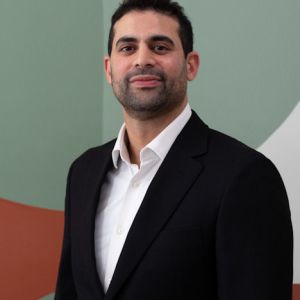
Basel Shadfan
Chief Executive Officer
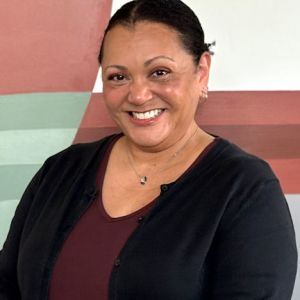
Laurie Williams
Primary Therapist
LMFT
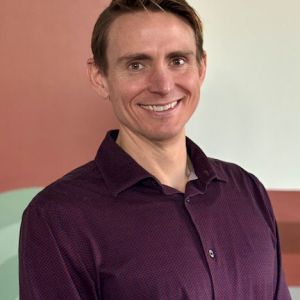
Dr. Steven Mason
Primary Therapist
Psy.D., M.A
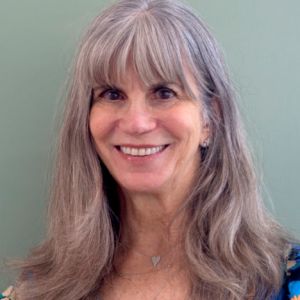
Teresa Bertoncin
Primary Therapist
LMFT, LPCC, SP

Christine Cailer
Primary Therapist
AMFT
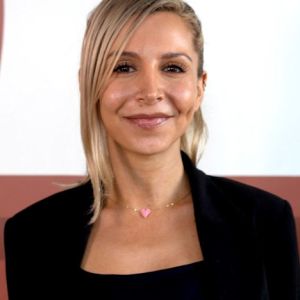
Giselle Moinzadeh
Primary Therapist
AMFT
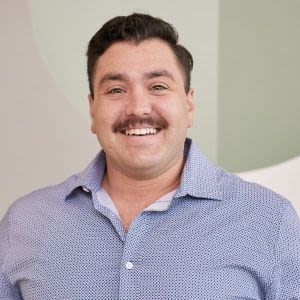
Lorenzo Rocca
Medical Technician Lead
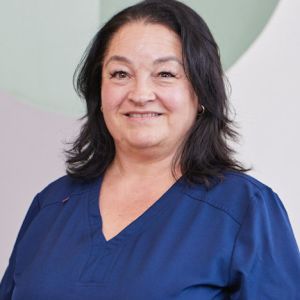
Billye Chaney
Registered Nurse
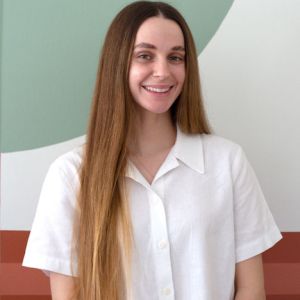
Taylor Secrist
Program Lead
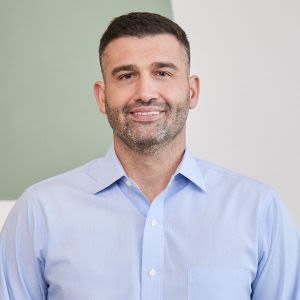
Dan Surico
Chief Marketing Officer
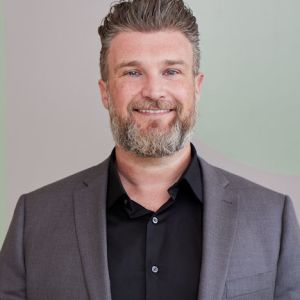
Alexander Hawes
Chief Operating Officer




Levels of Care





Your Care Options
Specializations
Adolescents
Teens receive the treatment they need for mental health disorders and addiction, with the added support of educational and vocational services.
Who We Treat
Adolescents
Teens receive the treatment they need for mental health disorders and addiction, with the added support of educational and vocational services.
Children
Treatment for children incorporates the psychiatric care they need and education, often led by on-site teachers to keep children on track with school.
Approaches
Evidence-Based
A combination of scientifically rooted therapies and treatments make up evidence-based care, defined by their measured and proven results.
Family Involvement
Providers involve family in the treatment of their loved one through family therapy, visits, or both–because addiction is a family disease.
Personalized Treatment
The specific needs, histories, and conditions of individual patients receive personalized, highly relevant care throughout their recovery journey.
Gender-Specific
Separate treatment for men or women can create strong peer connections and remove barriers related to trauma, shame, and gender-specific nuances.
Therapies
1-on-1 Counseling
Patient and therapist meet 1-on-1 to work through difficult emotions and behavioral challenges in a personal, private setting.
Meditation & Mindfulness
A practiced state of mind that brings patients to the present. It allows them to become fully aware of themselves, their feelings, and the present moment.
Mindfulness Therapy
This ancient practice can be mental, emotional, and even spiritual. In meditation, you focus your attention on the present moment without judgement.
Adventure Therapy
This experiential approach uses the physical and emotional challenges of outdoor activities as tools for personal growth.
Art Therapy
Visual art invites patients to examine the emotions within their work, focusing on the process of creativity and its gentle therapeutic power.
Experiential Therapy
With this approach, patients heal by doing. Therapists help patients process difficult emotions to speak, using guided activities like art or dance.
Conditions We Treat
Grief and Loss
Grief is a natural reaction to loss, but severe grief can interfere with your ability to function. You can get treatment for this condition.
Personality Disorders
Personality disorders destabilize the way a person thinks, feels, and behaves. If untreated, they can undermine relationships and lead to severe distress.
ADHD, ADD
ADHD is a common mental health condition caused by dopamine imbalance. Common symptoms include inattention, hyperactivitiy, and impulsivity.
Anxiety
Anxiety is a common mental health condition that can include excessive worry, panic attacks, physical tension, and increased blood pressure.
Bipolar
This mental health condition is characterized by extreme mood swings between depression, mania, and remission.
Depression
Symptoms of depression may include fatigue, a sense of numbness, and loss of interest in activities. This condition can range from mild to severe.
Internet Addiction
Internet addiction is common among children teens. This compulsive disorder can damage relationships, school performance, sleep habits, and physical health.
Obsessive Compulsive Disorder (OCD)
OCD is characterized by intrusive and distressing thoughts that drive repetitive behaviors. This pattern disrupts daily life and relationships.
Post Traumatic Stress Disorder
PTSD is a long-term mental health issue caused by a disturbing event or events. Symptoms include anxiety, dissociation, flashbacks, and intrusive thoughts.
Substances We Treat
Alcohol
Using alcohol as a coping mechanism, or drinking excessively throughout the week, signals an alcohol use disorder.
Co-Occurring Disorders
A person with multiple mental health diagnoses, such as addiction and depression, has co-occurring disorders also called dual diagnosis.
Drug Addiction
Drug addiction is the excessive and repetitive use of substances, despite harmful consequences to a person's life, health, and relationships.
Languages
Aftercare
Care Designed for Your Needs
Personal Amenities
Amenities
Special Considerations
Gender-specific groups
Patients in gender-specific groups gain the opportunity to discuss challenges unique to their gender in a comfortable, safe setting conducive to healing.
Healthy Meals are provided
Great food meets great treatment, with providers serving healthy meals to restore nutrition, wellbeing, and health.
Activities
Off-Site Activities

Claim it





